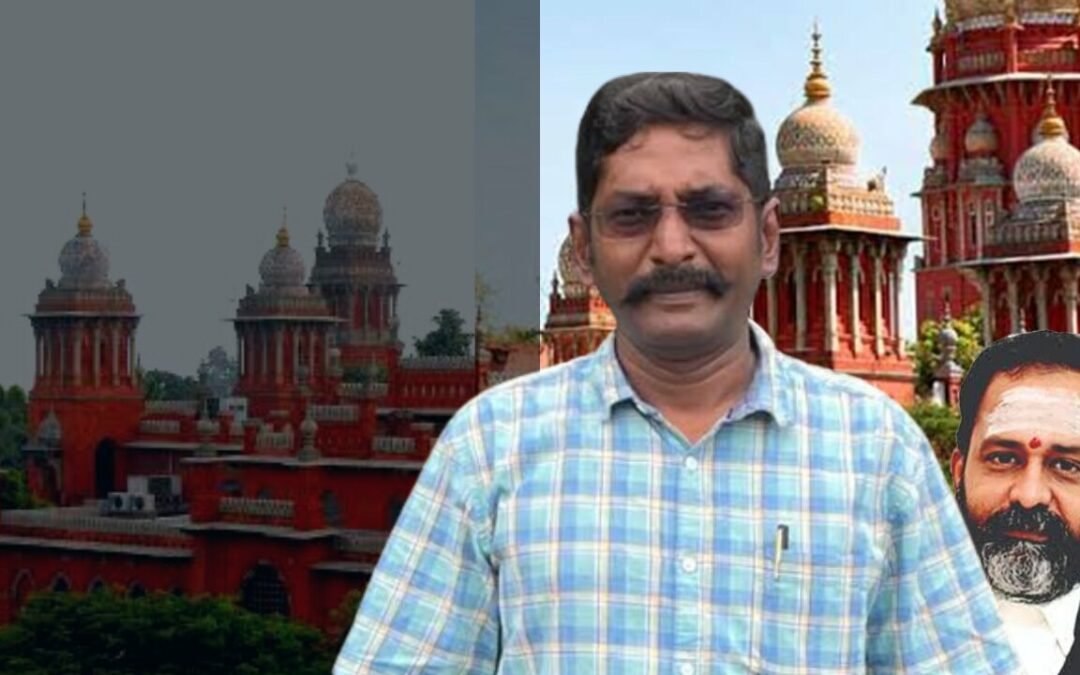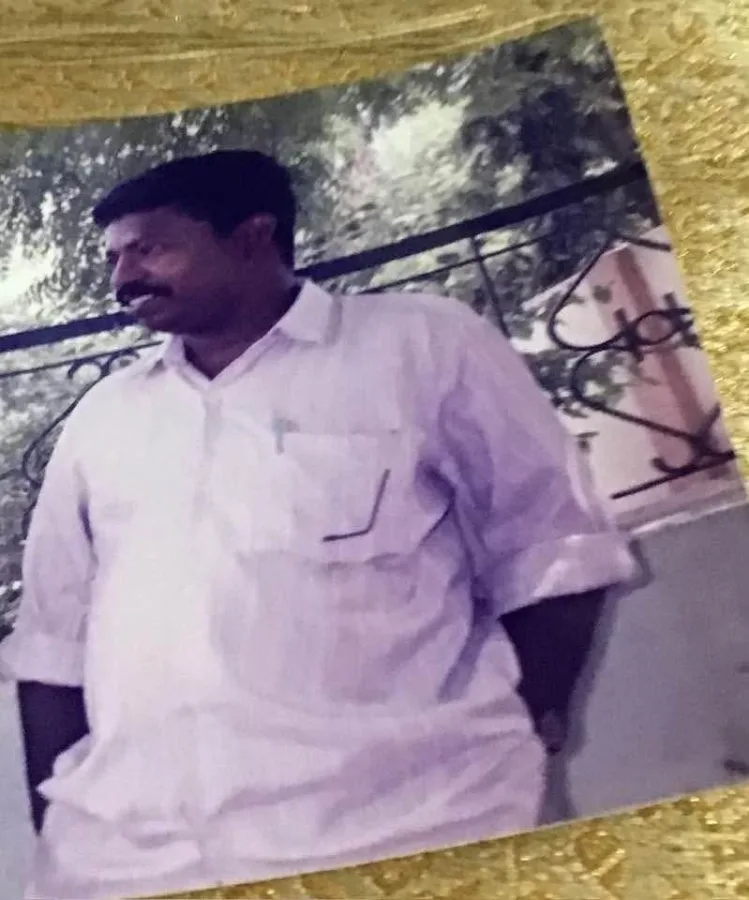Read in : தமிழ்
Media have described Savukku Shankar as activist and YouTuber. He calls himself whistleblower, someone who blows the whistle on the rot in various institutions and among people in power. His mode of expression is tea shop talk and WhatsApp rant.
Savukku Shankar has said his writings or even social media interventions are in the nature of a tea shop conversation. It’s common for two friends talking to be dismissive of all police, all officials, all judges, all politicians, all brahmins, all Malayalees, all north Indians and all chettiars. In one sweep we call them all corrupt, useless, vicious, casteist and harmful. These don’t go into the records and are not for public consumption.
Such language is common within closed doors and in one-on-one gossiping. It shows at least one person has a major grouse against someone or many in a group and is ready to broadbrush everyone.
Shankar says since his motives are pure – correcting mistakes and reform – his tea shop conversations should not be curbed and are not actionable however malicious they may appear to be. Such talk may even be part of court grapevine or lawyer locker-room gossip but no lawyer will ever put this on record in court or outside.
If Shankar were to write any of this in a journalistic publication, he would be asked for evidence. He would be asked to be specific. He would be asked to cite sources. He would be asked how he knows that each and every judge is corrupt. But social media has no rules.
If Shankar were to work as a journalist, he will certainly not write what he wrote in his blog or said in YouTube channels. He is a smart, well aware person and would abide by those rules there.
YouTuber Savukku Shankar knows what he is doing and is doing it deliberately. As a perceptive piece by T N Gopalan in inmathi.com, dated July 21, pointed out, “Shankar, if I get him right, will not apologize, but would dare the court. The judge will have no other option but to order his imprisonment for a few weeks or months. Thus Savukku will become a cause célèbre of sorts, our very own Julian Assange.”
The original contempt petition dealt with Justice G R Swaminathan’s ideological affiliation. Savukku has imputed bias in the judge’s verdicts freeing YouTuber Maridhas charged with vilifying the DMK government and giving jail term to Kanyakumari pastor George Ponnaiah for saying among other things that the soil of Bharat Mata gave people scabies.
As the case progressed and Savukku was not backing down, a Bench comprising Justice Swaminathan and B Pugalendhi chose to highlight other pronouncements of Shankar on the judiciary. The judges were peeved that Shankar was not apologizing. They said that since what he wrote and said were consumed by lakhs of people who may be influenced by it, the court had been scandalized.
The judges cited a contempt case against former Kerala chief minister and communist leader E M S Namboodiripad who had said the judiciary had a class bias. A pot-bellied rich man stood more chance of being favoured by the court against a poor man, he had said. EMS had a standing among the public and his words would influence people and bring down the court in people’s eyes, the court had felt.
The Madurai judges wanted to teach Shankar a lesson and punish him so he would change his ways. Shankar had vowed that he will continue to be as vituperative as ever after serving his term but in future only against the judiciary. The battle is therefore likely to continue.
Yet, just as the Bench chose to disregard the original contempt petition and framed charges citing other instances, this is not a battle between Savukku Shankar and Justice Swaminathan. Both represent broad trends in society and approaches.
Justice Swaminathan is a high profile judge and likely among the most hardworking. He has a record of disposing many cases, which he had sought to show while highlighting that he worked hard for his salary whereas Shankar went about throwing dirt at institutions while drawing a government salary. For Shankar, Justice Swaminathan is an example of how many judges adhere to Hindutva ideology.
Youtuber Savukku is certainly true in saying that some of the themes of his attacks have been spoken at length by others although those criticisms were made in measured tones and without attacks on individual character. Shankar, for all his faults and shortcomings, has a certain believability among many people although some see him as a blackmailer. He is no lone wolf and has backers with connections.
Shankar had vowed that he will continue to be as vituperative as ever after serving his term but in future only against the judiciary. The battle is therefore likely to continue
Shankar has certainly crossed the Lakshman Rekha, as the court had described. He has attacked not only the honesty of the judiciary but also individual judges after naming them.
The judiciary is probably the last of the big pillars of our democracy that have faced criticism and attacks. The credibility of the judiciary is probably a tad higher than the other pillars. But Shankar is out to undo that, convinced he is of the rot in it. To be fair, he is an equal opportunity flame thrower. Though Dravidianist in thinking, he hasn’t baulked at lobbing bombs at M Karunanidhi, M K Stalin and members of his family.
The higher judiciary has been under increasing scrutiny in mainstream media as well. Sections of the media have imputed biases for the Union government in the Supreme Court, for instance. The refusal to take up the reading down of Article 370 is cited as an example of the court not doing its duty but favouring the government of the day.
YouTuber Savukku Shankar has cast the first stone on the judiciary in Tamil Nadu. If others were to follow him in time, we may well see a churning in the judiciary too.
The criticism will not stop with analysis of the quality of judgments, at least on social media. Just as political gossip is everyday affair on social media, judicial gossip and parsing of judges’ motives, character and biases will also become fair game. High Court chatter may well become common parlance.
It’s open season on social media. There are no holy cows, no one sacred. A Gandhi would have faced as much heat as anyone else today on social media. Trolls specialize in bringing down people, pointing out mistakes, unearthing dirt, and spoiling reputations.
Social media is home to narratives, slant and biases, too. But there are at least multiple slants there, giving a higher chance of truth not being suppressed for too long.
Read in : தமிழ்











